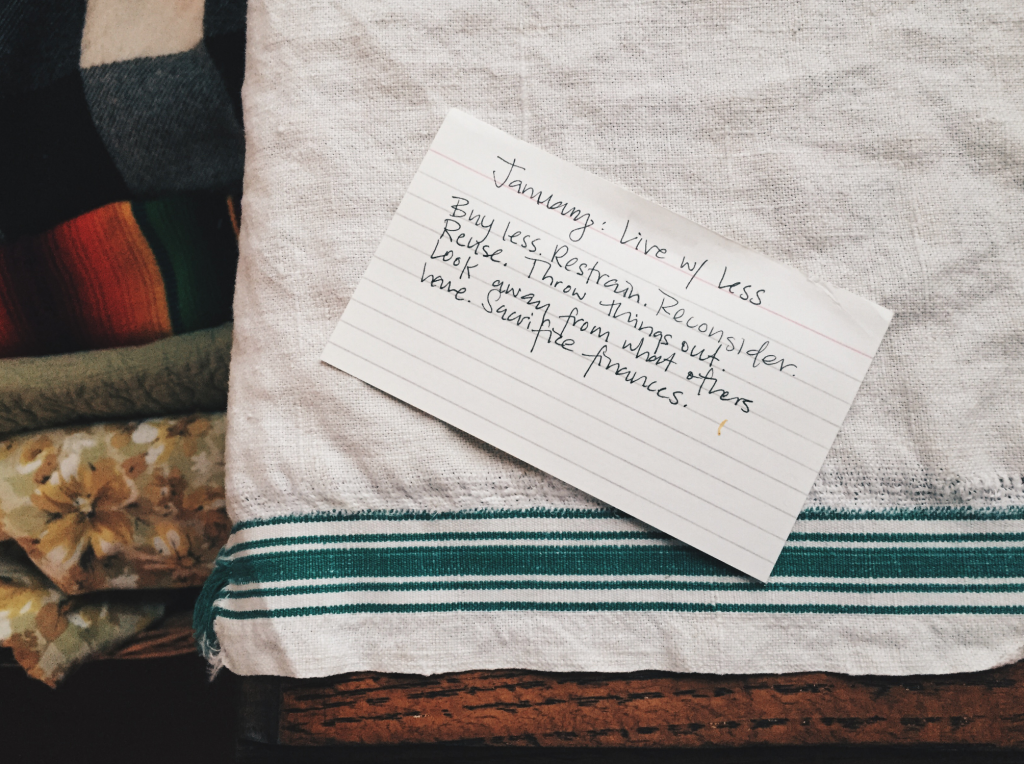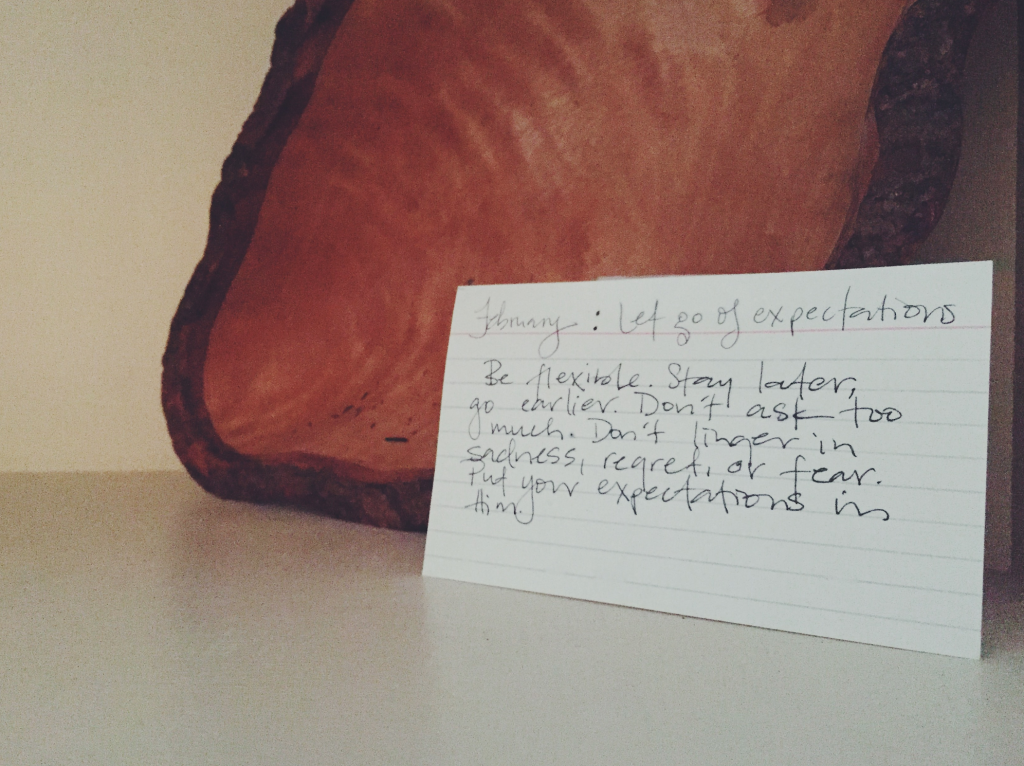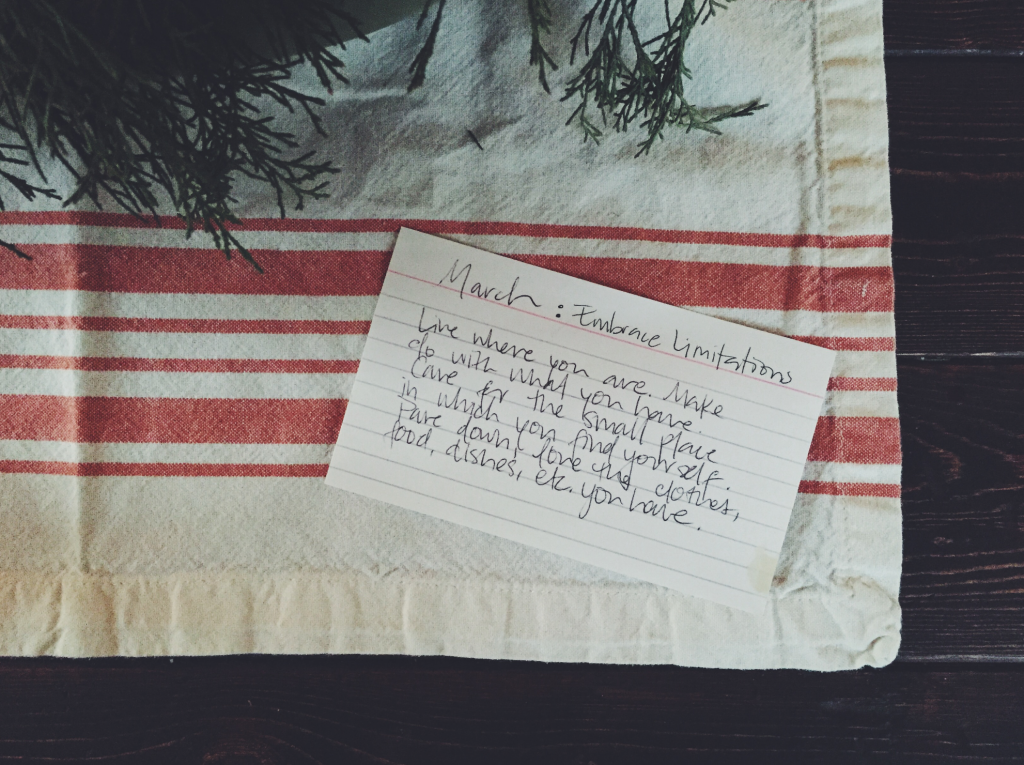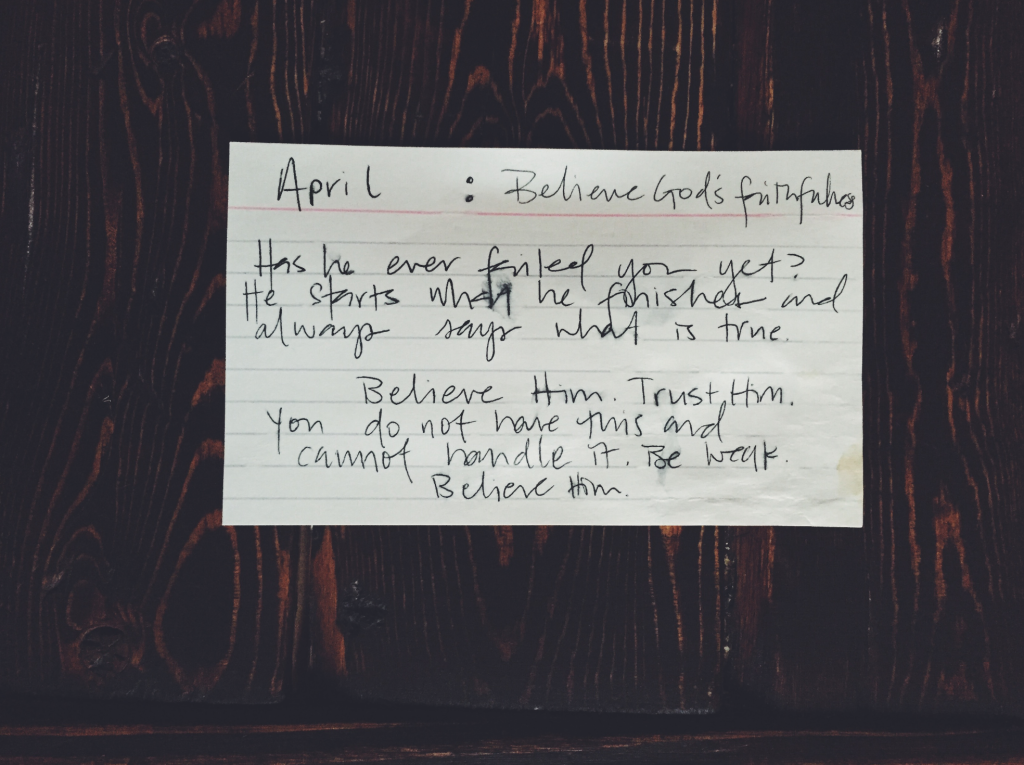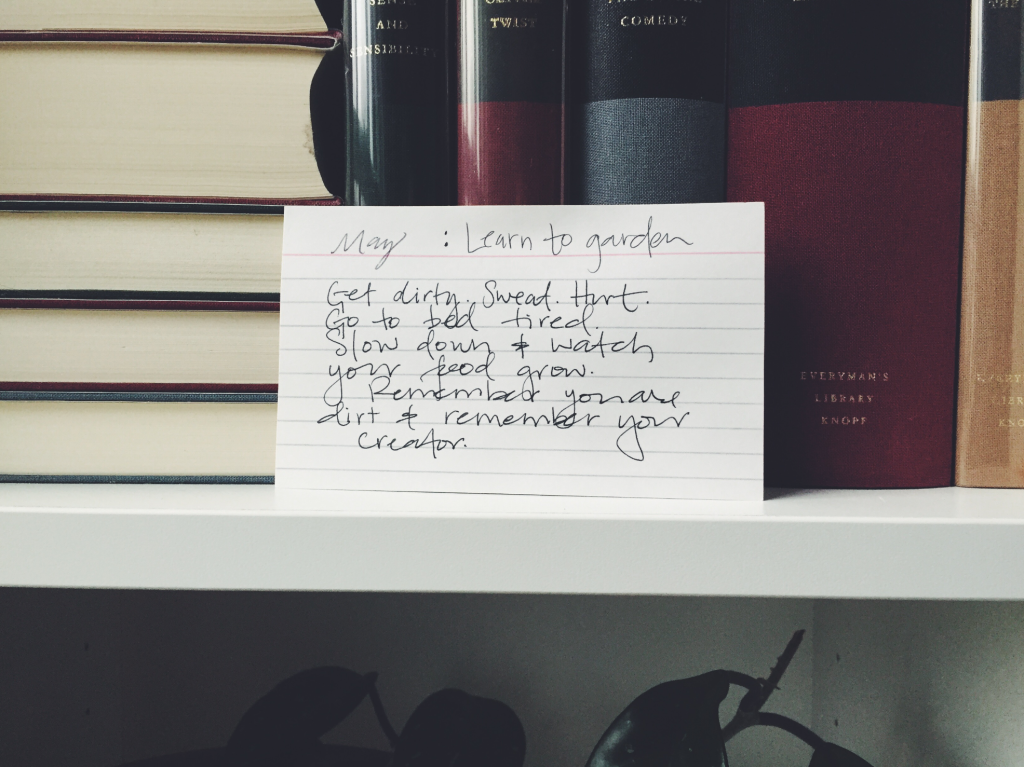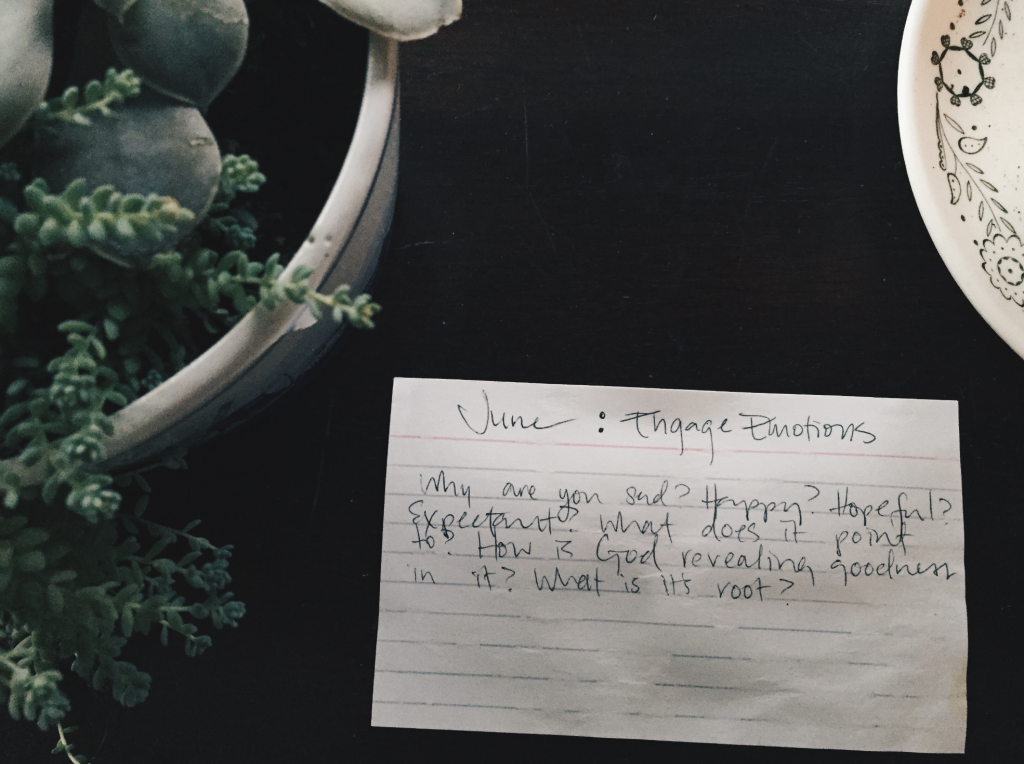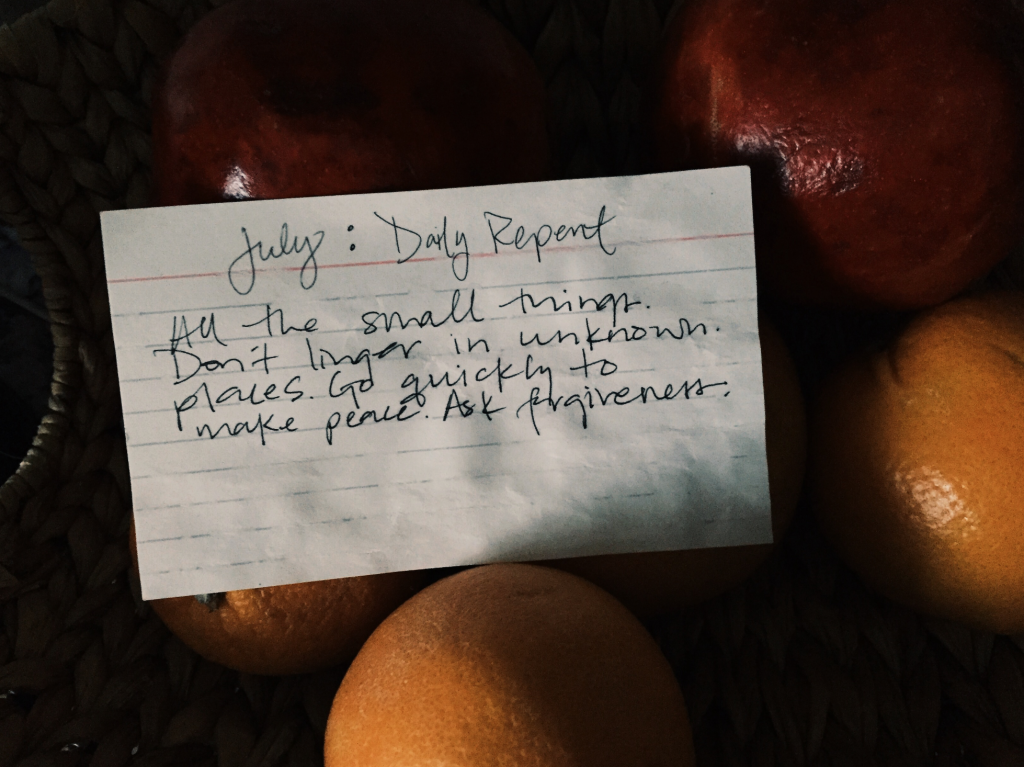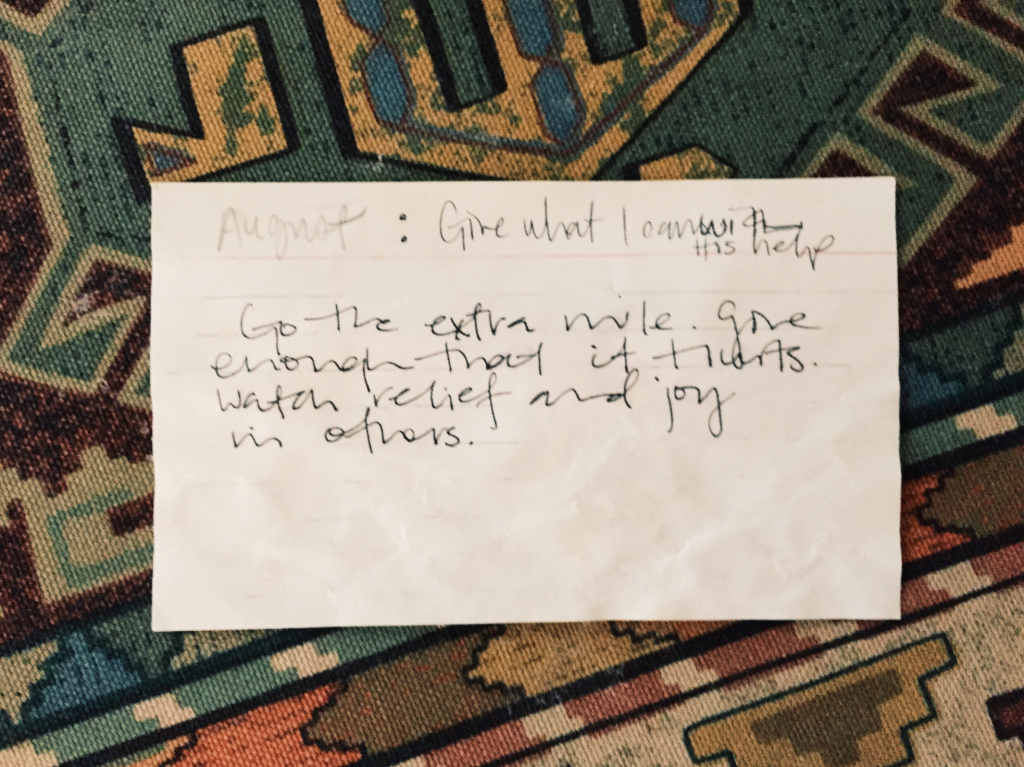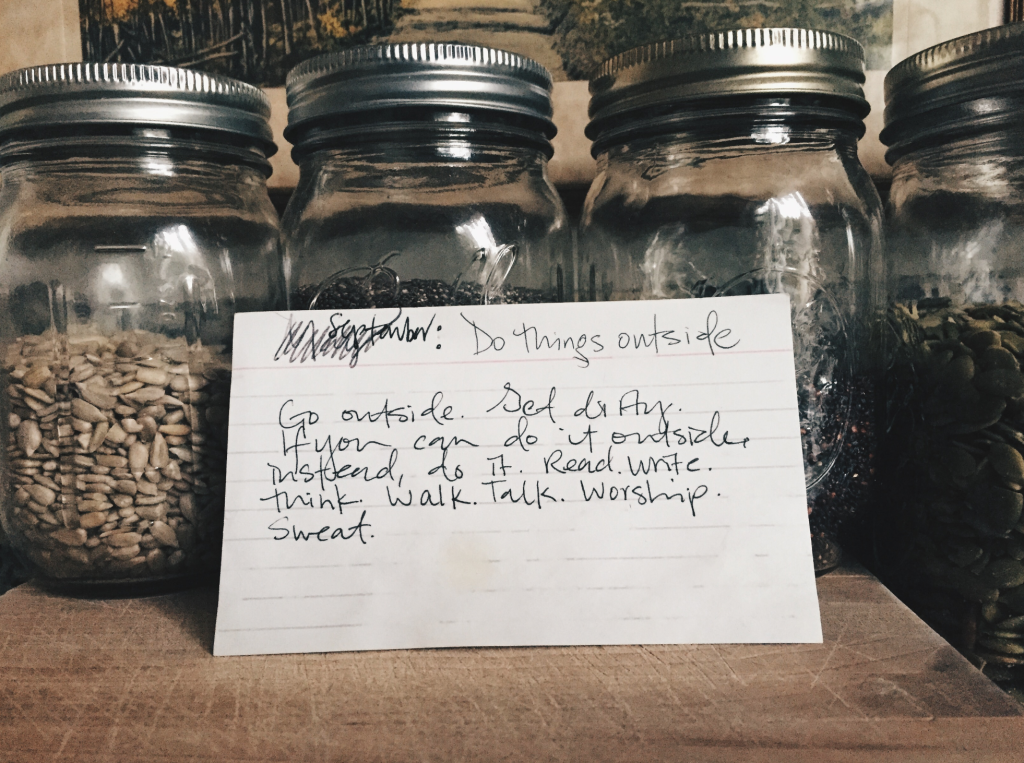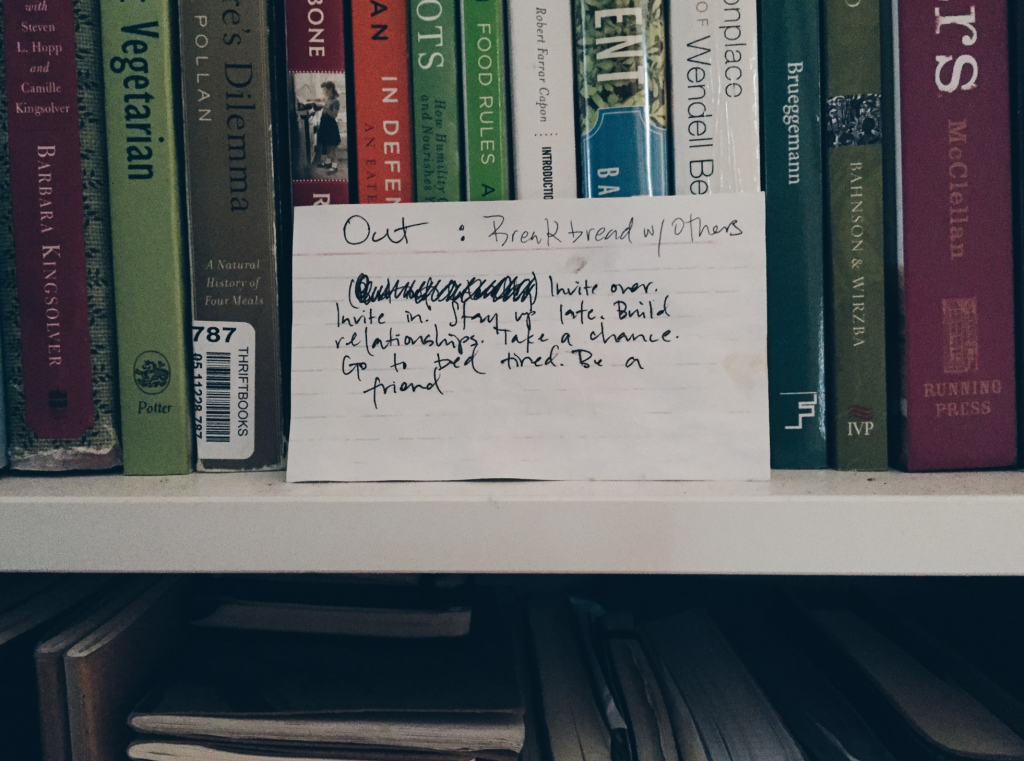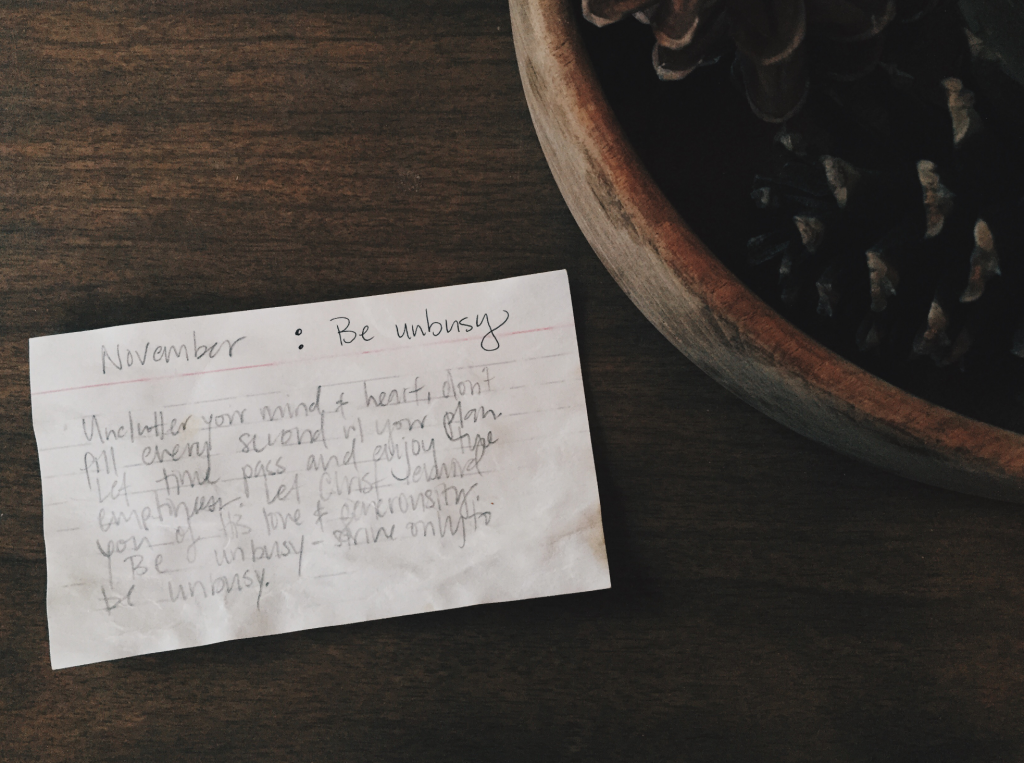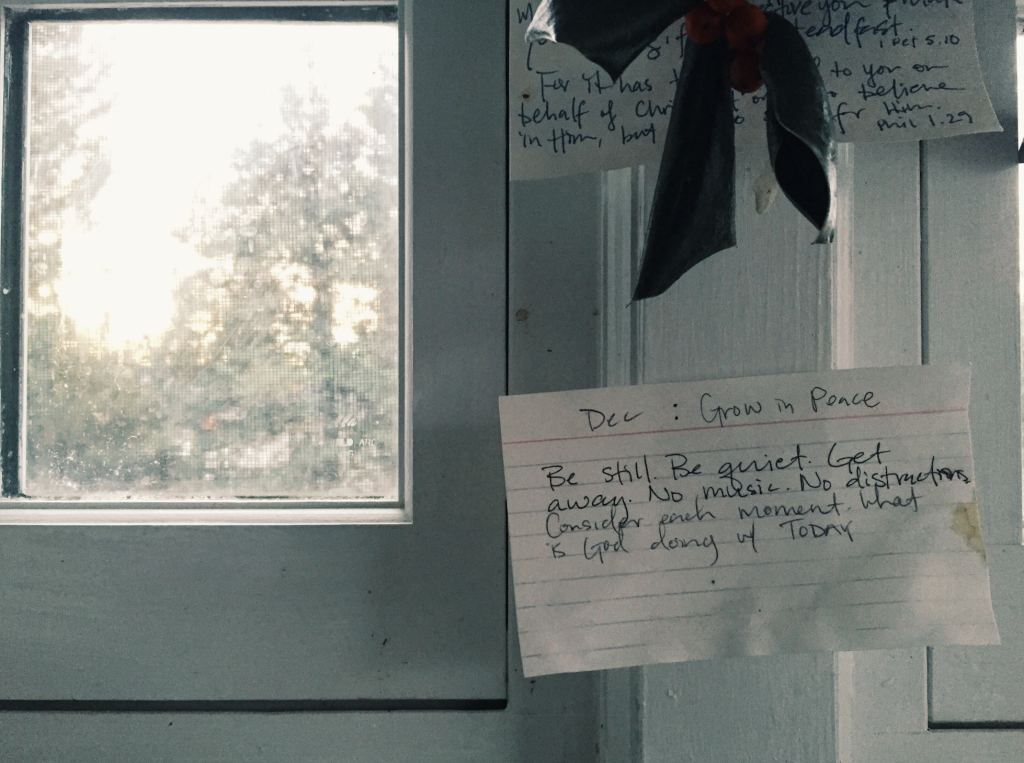In the words of Vonnegut, “Write to please just one person. If you open a window and make love to the world, so to speak, your story will get pneumonia.” And so it was, my story has got pneumonia. There’s no doctor for this and no cure or medicine. It’s not writer’s block, it’s the opposite. It’s not fear of saying something, it’s fear of saying everything.
Others think of writers as prophets of sorts. Don’t ask me what writers think of themselves. The way blogs go these days it seems we all think we’re on a reality show or talk show or the stage and we are the star. Someone’s salvation is always resting on the crux of how well a writer can write it, and what we need someone to tell us is maybe it’s just the working out of our own salvation in the crux. I have never understood people who had books “just burning” inside them to be written or who have always known they would be a writer or who have messages they know only they can tell. I have always been on the other side of the spectrum, tapping the mic endlessly asking, “Is this thing on?” if only to say to the naysayers and bystanders and passersby that there is nothing to see here, carry on.
Thank you for staying, readers and friends. You didn’t have to and I’ll understand if you leave. I might leave if this was the story I came to hear. Or I might not. I have been prone to unpredictable behavior of late. This is what I do want to say to you though, if you have the patience and the benevolence to hear it.
This is how it happened, from the almost beginning: Nate and I met in the foyer of our church, it was a non-event except that I liked his beard and he was still not dating girls. A few weeks later a church in Denver asked me to consider working with them. I hemmed and hawed and talked with pastors and elders and friends and traveled there three months later to figure things out. Then I came home and made the decision in a conference room upstairs in my church with a few pastors and elders and friends.
I also told them then that the night before Nate Wilbert had asked me out. Who knew what would happen? Not us.
The decision to go to Denver was made, though, and when Nate and I knew we would be getting married, the decision to go to Denver was back on the table for a hot minute, and by minute, I mean second. “Do you wanna?” “Yeah, I wanna.” “Okay, let’s.” There was a bit more to it, but that was the general decision making process. We hardly knew one another but we knew we were going to get married and that everything in our lives was going to be One Great Adventure because we were doing it together and everything looks shinier when you’re in love.
Denver or bust. Except we didn’t really expect the bust. Everyone says it, but no one actually expects it.
Then the bust: a newly acquired house, a new job with more challenges than we could have envisioned going in, a few miscarriages, shootings, job loss, and so much more. You know the wrap. What you don’t know, maybe, is that we’d been encouraged to step back from leadership as much as possible in our first year of marriage. We were going from living in the middle of ministry in our respective homes to our primary ministry being one another. He didn’t know how to do that well in his first marriage and I sure didn’t know how to do it at all. So envision with me this: two people who don’t know how to swim, deep sea diving into a wreckage where they have to surface with precious artifacts without damaging them. This was our first year.
You know most of the story—but not all of it, please don’t ever assume you know all of someone’s story unless you’ve sat across from them with tea or coffee or your beverage of choice and watched them cry ugly tears or say angry words while you just sat there and were a presence beside them. This is bonus talk right here, not the point of this post at all. I just want to remind all of us that we fall under the shiny spell of interconnectivity more often than not, commentating on lives based on photos and 140 characters. As if the sum of a life can be measured in a snapshot or 140 letters.
Am I rambling, I probably am, but if there’s something I’ve learned a lot this year it’s how easy it is to assume really bad things or really good things in the lives of people as we voyeuristically and unthinkingly scan the artifacts they share. Social media isn’t a lie, friends, as some would have you believe, but it is just the tip of many, many things. So, maybe I should rephrase, you don’t know most of the story, in fact, you know very, very little of it. The mountain of things you don’t know about our lives this past year could not be moved by the pile of things you do know.
Moving on.
So, bust it was. We didn’t intend on leaving Denver, or the church. It’s not the church’s fault we were newly married and had disobeyed good counsel and had jumped in with both feet and were in over our heads. We had every intention of staying, of Nate finding a job there, and of learning to swim. But, God, in His strange sovereignty (and I don’t say that sarcastically, I truly mean it was strange), did not provide a job there.
When Nate first broached the subject of looking out of state, and in fact the mid-Atlantic region, my first response was, “Well, if we’re looking out of state, why not Texas?” For reasons I didn’t know at the time, though, his response was an emphatic no. And because my dear husband had uprooted his life to move for my job in Denver, I agreed to the mid-Atlantic region if a job awaited him there. He went to high-school in DC and had fond memories of the place, but I confess, I was envisioning something more along the lines of bucolic pastures and Shenandoah valleys. I am nothing if not idealistic.
There were interviews all over the mid-Atlantic region, but the one job I didn’t want him to get was the one job—out of myriads of interviews and applications—he was offered. In the heart of D.C. Across the street from the Smithsonian, in view of the Capitol, and every stately monument along the way.
I remembered driving through D.C. years ago. It was Thanksgiving weekend. I was traveling to a friend’s wedding in the Carolinas. It took me nearly four hours to get around the beltway. I swore to myself, probably drawing blood with my fingernails into my palms, that I would never live in a place like this. I was made for hills and mountains and crickets and fireflies. I know there are some who love and feel called to D.C. and these people I commend, but give me the country air and people and problems there. I would never live in D.C.
I remembered saying the same thing to the Lord right before I moved to Texas, though, and see how I was wrong? So I didn’t say any of that to my dear husband. As much as I couldn’t see myself or our family, or him, thriving in the area, I wanted him to feel wanted and approved of and needed by someone, anyone. And they were offering him a job. So I kept my mouth shut and I said, “Babe, I know you want to work and I want you to work, so wherever that is, I will follow you.”
And I did. And we’re here. And his commute is three hours a day. And this week they told him they’re most likely moving his team to another building in the District—one that will add 30 minutes to his commute, making it an even four hours of traveling a day. Whenever we mention that to people around here (because the cost of living pushes people outside the city), they nod and say things like, “Yup, well, that’s just how it is here.” Or “Well, sometimes you have to make sacrifices.” I want to across from those people and say, “You don't have to. What you’re saying is ‘I’m choosing to sacrifice community on the altar of my commute and job.’”
But we’re not.
Here is why I told you all that above, in case you’re wondering. I’m telling you because in the first move to Denver we moved for my job and he did not talk to me about some reasons he had for wanting to leave Dallas. The second move to D.C., we moved for his job, and I did not talk to him about some reasons I had for not wanting to move here. We both sinned against one another in that process and I have all sorts of excuses for why: we didn’t know one another well, we were just figuring this out, we loved the other one and wanted them to flourish, our proclivities and personalities are to stuff things instead of expose them, and we gave into our flesh in these ways. There is so much more to say, but that’s the bottom line. We sinned, a bit unknowingly and naively, but still sinned.
I’ve said before that marriage isn’t hard, not like the drama queens say with their hands across their perspiring brow, “Marriage is the hardest thing you’ll ever do.” Marriage isn’t hard like that. It’s got hard things for sure, but what’s hard about marriage is you’ve put two sinners together until death them do part. And for us, we left the safety net of community and friends, and like frogs in slowly boiling water, our sin was eating us alive, we just didn’t know it.
Until now.
Even though the cost of living is high here and he is gone twelve hours of our day and we’re struggling to feel at home here, and now know we’re not going to be at home here, we’ve also had space and time to sit under the weight of our sins of omission toward one another. Maybe this doesn’t seem like a huge deal, “So you withheld your true feelings, big deal, harder things are coming for you.” Except withholding those feelings and fears and hopes meant we moved across the country twice, lost a church community twice, lost $100,000 and our home, lost a lot more than just the benefit of having your feelings known. So, all I’m saying is there was a big price for those small secrets.
Everyone knows that seeing a counselor means everything is going to be fixed though, so that’s what we’ve been doing. Kidding. We told our counselor first thing, “We don’t expect you to be our savior,” and he’s made good on that expectation. But it has been helpful, in the way that peeling an onion is good before cutting it up. You peel back the layers and then you cry a lot. It’s like paying money every other week to peel a single onion together. I highly recommend it.
He’s asked good questions and pressed pretty hard on some things and not very hard at all on other things, but in the process it’s getting revealed that Nate and I need to learn to emote and talk and that it’s okay to say, “I don’t like _____, and that’s okay.” And also it’s okay to grieve what we’ve lost this year. And also it’s okay to not be super Christians. And it’s okay to withhold information from blog readers and even friends, but not from one another. And it’s okay to say, “Denver wasn’t a mistake. D.C. wasn’t a mistake. But also moving again doesn’t mean we’re running away.”
It’s been cathartic to be able to step back, a year into marriage, and talk about, well, what do we actually want our lives to look like, what do we want our family to look like, when we can start the adoption process, how we want to raise our kids, what sort of church do we want to be married to and serve in, what do we value in church leadership, what do we value in a city, in a town, in the country, how little can we live on instead of how much. All of those questions are things that maybe should be talked about before marriage (though I think the pressure to have all questions answered before marriage is one of the ways the enemy keeps people living in sin instead of covenant), but they are certainly things that should be talked about within marriage and without fear.
We’ve been doing that en masse. It’s been a veritable share-fest around our house these days. We’re making lists and unmaking them. We’re talking through cities and ruling them out. We’re aiming toward relationship building instead of job getting. We’re concentrating our search on churches and not employment. A job is important, even necessary before we move, but our primary posture right now is: where is God calling us to love one another, to raise a family, to invest into a church and city and people, to grow old in our marriage together?
So, because seven is the number of perfection, we’re making it The Seven Moves of 2015-16.
And we think we know where that place is.
It’s a place that holds a dear spot in my heart and a place that’s only a few hours from his family and a few more from mine. It’s a place I spent many happy years and many more happy holidays. In the past few years it has been like a vortex for some of my closest friends, pulling them back to various neighborhoods and churches. It’s the place I wept to leave and always feel at home coming back to. At the end of the month we’re traveling there together for a few days, to see if God might be drawing us there too.
We’re holding it loosely, but we’re talking about it instead of just pretending it doesn’t exist. And for the first time in a long time, we’re feeling excited and expectant and hopeful. Not a day goes by that he doesn’t say to me, “I’m really looking forward to our visit there.” And each time he does, I remember again what it means to be drawn closer to another person in a strange way. I can’t explain it. I know it’s good. And hard. And not impossible. Not easy. But good.
One of the things we failed to do in Denver was to prioritize relationship over normal mechanisms for getting a job. Partially Nate just didn’t have any connections there aside from other church staff. We were only there a few months when he lost his contract. We didn’t know where to turn or to go. He turned to sharpening up his resume, online searches, Linkedin connections. In Dallas he would have had a job in weeks. We knew this because he’d never been without a job and never had to look for one. But in this new place he didn’t have relational capital built up and he confesses now his pride got in the way of working on it.
In this season, we have been deeply convicted that God is more than capable of being our provision in every way, including by giving Nate a job. We have prayed more as a couple and found joy in restraint in the past few weeks, by not trying to manhandle this situation, but by being patient and faithful. We’re reaching out to friends in the area, we’re passing his resume on, and we’re scheduling meetings for him when we’re down there in a few weeks, but we’re not going to put getting a job before building relationship and building on relationships we already have there. In the ministry world that’s the norm, but in the business world, in Nate’s world? That is abnormal and especially abnormal when we don’t live in the city we’re looking to be in. But we’re trusting God is bigger and better than norms and we’re just asking for clarity in all things.
This is nearly 3000 words and kudos if you’ve made it this far. I wrote this mostly for me, but for you too, if it helps you to pray for us or for you to understand you. That’s why I write at all, honestly. It’s not to be understood by you in some needy way. None of us need to be understood by anyone and no amount of postulating or explaining will accomplish it anyway. I’ve learned that. But I write because it’s humbling for me and maybe it helps one or two of you understand yourself too. I’d be happy with that.
Will you pray friends? For us and our marriage? We have no idea whether we'll be moving or not, but we're learning to communicate, to dream, to talk, to be honest, and all of that is good wherever we live. But also pray for you, that you would learn to take your hands off your wounds, to stop self-protecting in your marriages and friendships, to be vulnerable with your fears and concerns. Not to the whole world, like Vonnegut says, but to one, just one.
Chattanooga or bust.

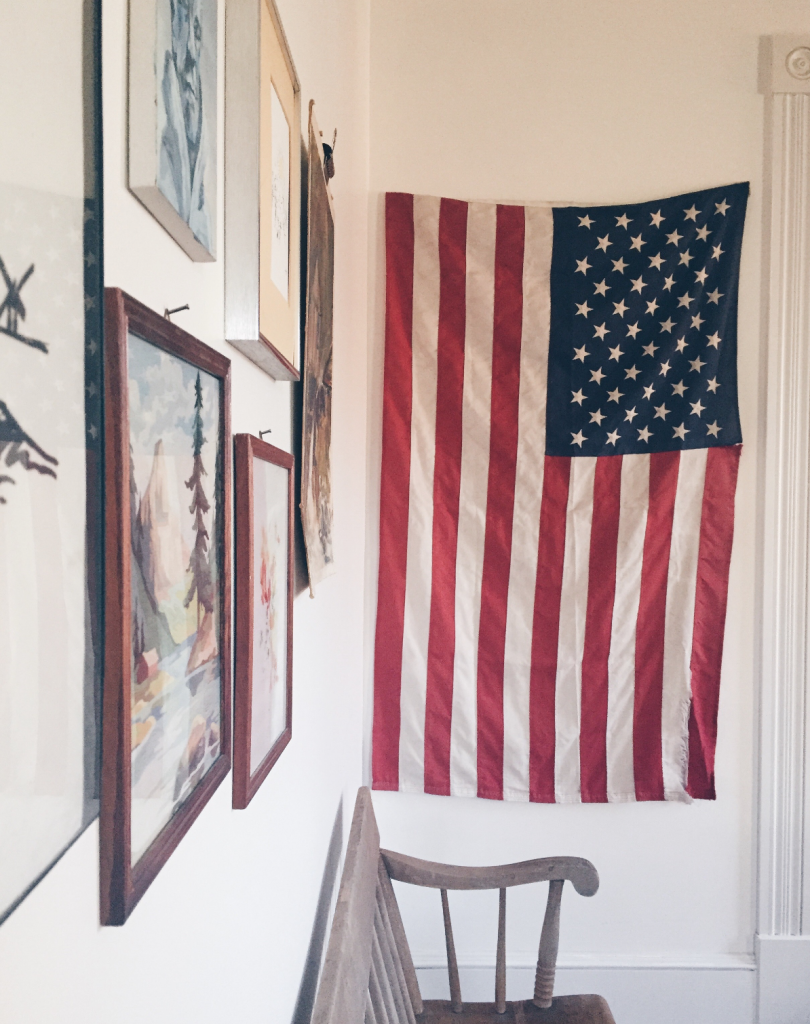 Endeavoring to be slow to speak means some might say I am too late to speak, but as I emerge from the mosh pits of celebration and solidarity that the District of Columbia has been the past week, all I can think is: Lord, make me slow to speak, even, sometimes, slow to hear. Close my ears to the rhetoric that makes good argument but fails to consider the Creator God. Close my mouth to sides and stances and cheers and chants.
Endeavoring to be slow to speak means some might say I am too late to speak, but as I emerge from the mosh pits of celebration and solidarity that the District of Columbia has been the past week, all I can think is: Lord, make me slow to speak, even, sometimes, slow to hear. Close my ears to the rhetoric that makes good argument but fails to consider the Creator God. Close my mouth to sides and stances and cheers and chants.
 I have been reading the book of Job this month and I am encouraged by it in a way unlike ever before. I've struggled with Job in the past, either I didn't want my joy tinged with his suffering or I didn't want my suffering spiraling down more. But God, in his goodness, has me reading the whole book this month and every morning I am struck more and more by the deep wells of truth in it. His friends did some things right and said some things wrong. Job did some things right and said some things wrong. It is not a prescriptive book, it is descriptive of Job's life and walk with the Lord, but it can be a comfort to us in its descriptiveness.
I have been reading the book of Job this month and I am encouraged by it in a way unlike ever before. I've struggled with Job in the past, either I didn't want my joy tinged with his suffering or I didn't want my suffering spiraling down more. But God, in his goodness, has me reading the whole book this month and every morning I am struck more and more by the deep wells of truth in it. His friends did some things right and said some things wrong. Job did some things right and said some things wrong. It is not a prescriptive book, it is descriptive of Job's life and walk with the Lord, but it can be a comfort to us in its descriptiveness.

